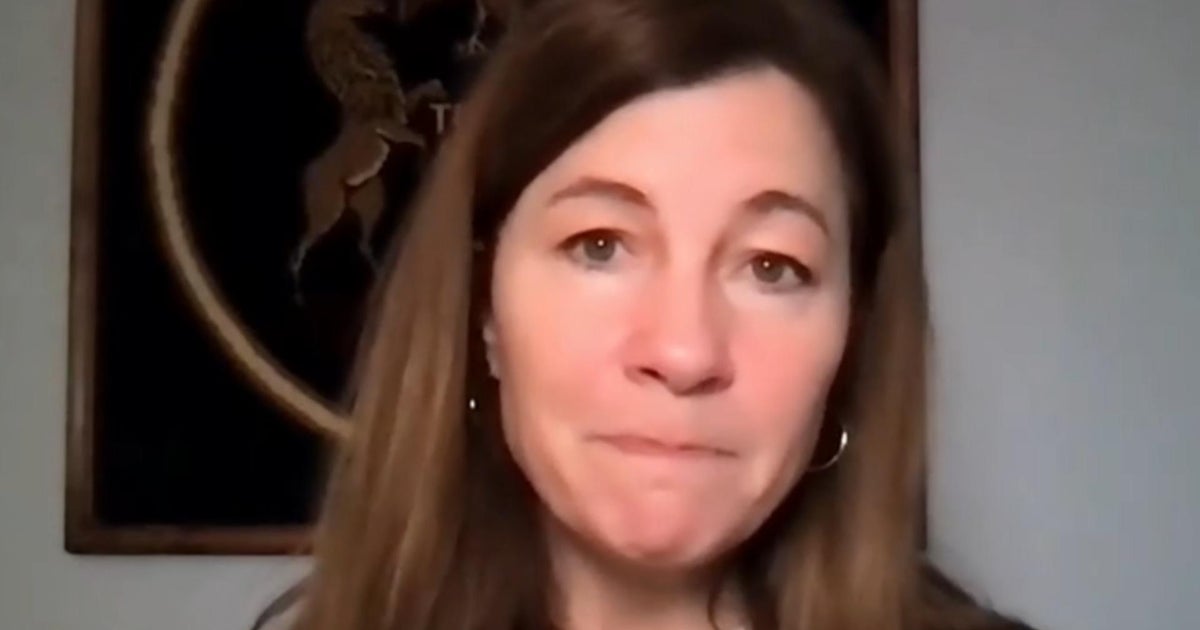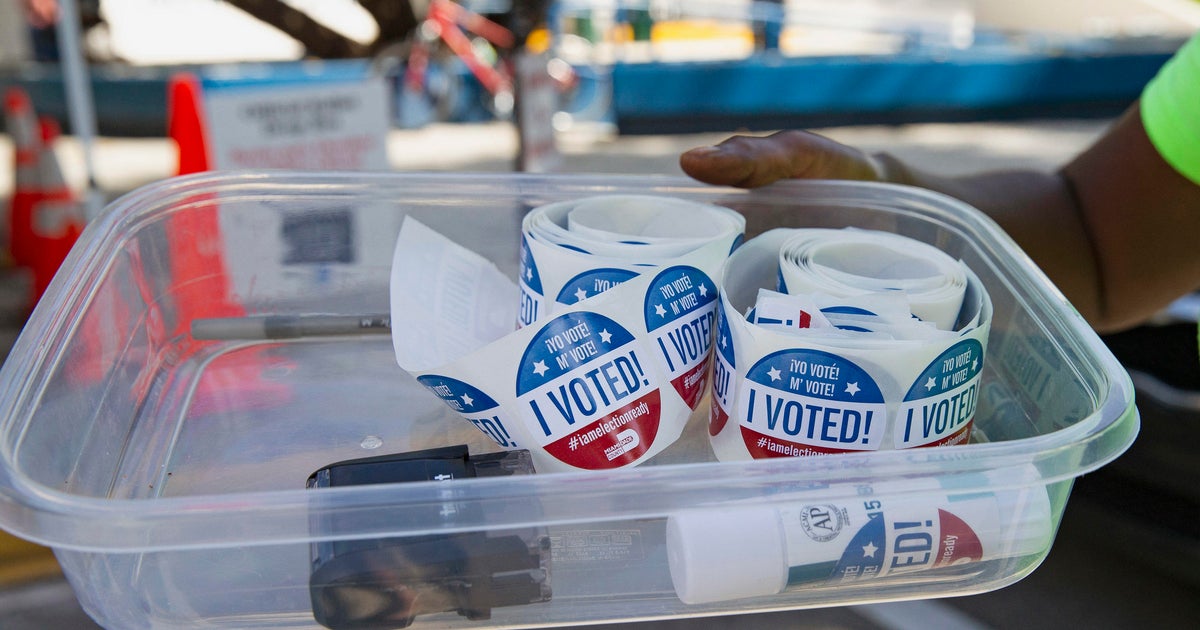Star Tribune
Attempted election fraud in Itasca County proves Minnesota election officials right. It’s not easy for voters to cheat.
Other places, like Winona and Roseau counties, have chosen not to have a drop box, citing the cost of monitoring it full time. If anybody accidentally drops their ballot in another county box, like a payment box, it will be disqualified, and signs make that clear, said Chelsi Wilbright, Winona County auditor/treasurer.
Martie Monsrud, Roseau County auditor/recorder/treasurer, said each county election staff goes through 3½ days of training with the Secretary of State’s Office, and then has to test every voting machine more than once to make sure it counts ballots accurately. They have to run through each ballot, as a single polling place may have multiple kinds of ballots depending on district lines for school districts, soil and water conservation boards, and others. Machine testing itself takes up to two weeks.
“If they only knew the processes and steps we go through prior to any of that they would be amazed and wouldn’t have to question the integrity,” Monsrud said.
Still, even after learning about all the steps, one Winona County township board member told Wilbright he wasn’t convinced. He didn’t think they tested the machines enough, that they were programmed to begin flipping ballots well after 100 votes had been cast in order to avoid detection.
“My response was, we do a post-election equipment test too, where we hand-count certain races,” she said. So integrity tests take place not just on the front end, but after the fact as well.
Schreifels did say that election critics seem to have dwindled after the public was invited to watch the election process.
Star Tribune
Law enforcers in Minnesota say they’re ready to deal with any polling place disruptions

As for complaints related to any disruptions at a polling place, Luger added, those should be reported to local election officials. Concerns about violence, threats of violence or intimidation at a polling place should be reported immediately to local law enforcement by calling 911, he said.
Bloomington Police Chief Booker Hodges said that while he’s not aware of any active threats to polling places in his city or elsewhere in Minnesota, “I an assure you we will have extra resources on hand, and we are prepared for anything that may occur.
“We want you to be safe when you go out and vote,” the chief for Minnesota’s fifth-most populated city with more than 87,000 residents added. “Rest assured, Bloomington, we’re going to do everything we can to make sure that your voting is safe.”
Vigilance to keep in-person voting safe from threats or obstruction extends well beyond the Twin Cities.
Willmar Police Capt. Michael Anderson said his department’s staff “met with election judges and went over contingency plans in the event of an emergency. Also, we have added additional patrol staff during voting times.”
The Duluth Police Department said in a statement it “continues to monitor intelligence information regarding any threats to the security of our local polling places, or the election in general.”
Star Tribune
Arbitration over Timberwolves, Lynx ownership begins for Glen Taylor and Alex Rodriguez, Marc Lore

The proceedings will end with either closing arguments or closing briefs, which are written and submitted. The panel will take an agreed-upon amount of time — it could be weeks or months — to make a decision.
“Once they read everything and come to their own conclusions, they have a meeting and then they hash out what they think the decision should be,” Remele said. “It can be 2-1, it can be unanimous. As panel members, you really try to get consensus. That is the whole idea. But sometimes that’s not possible.”
There will be no gray area in the decision. The arbitrators will say whether Lore and Rodriguez failed to execute the purchase agreement or if Taylor erred in canceling the sale.
“Arbitration awards are virtually unappealable,” said Terrence Fleming, a lawyer at Fredrikson who specializes in business litigation. Fleming said, as a practical matter, whatever the panel decides will be final.
“It’s typically very simple and there is no explanation behind it,” Fleming said. “I would guess in a case like this that both parties would request a reasoned award in which they lay out in detail how they came about to their decision.”
Egregious examples of fraud or bias — for instance if one of the arbitrators didn’t disclose their relationship with either party — could be grounds for appeal, but both Remele and Flemming said it’s extremely rare.
Star Tribune
Federal regulators increasingly taking regulatory actions against MN community banks with fintech partners

The Federal Deposit Insurance Corp. and the North Dakota Department of Financial Institutions also directed Choice Financial’s board to “at least monthly” discuss “customer identification” requirements and the bank’s ”relationship with third party providers of financial services and products.”
Choice Bank, which declined to comment, has 20 branches in North Dakota and Minnesota, and several of its executives are based in Golden Valley.
Federal regulators have hit banks that partner with fintechs with a higher rate of enforcement actions over the past year.
Of the roughly 4,500 banks in the U.S., about 150 partner with fintech firms, estimated Haggerty, of Klaros.
Yet fintech partner banks were the target of 35% of all enforcement actions in the first three months of 2024, and 11% and 19%, respectively, in the second and third quarters, according to a Klaros analysis.
“The numbers are pretty staggering,” Haggerty said.




